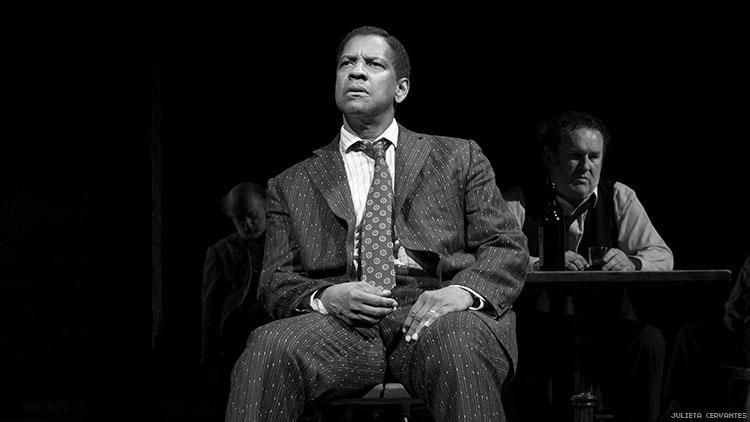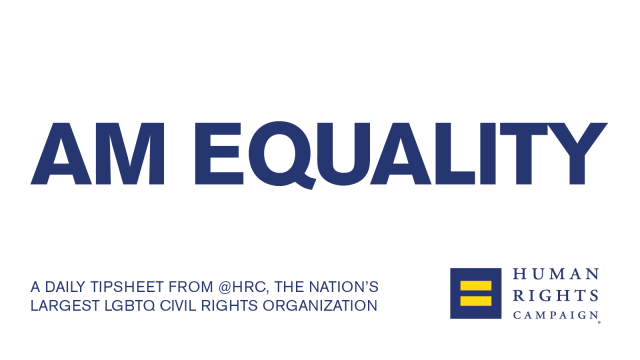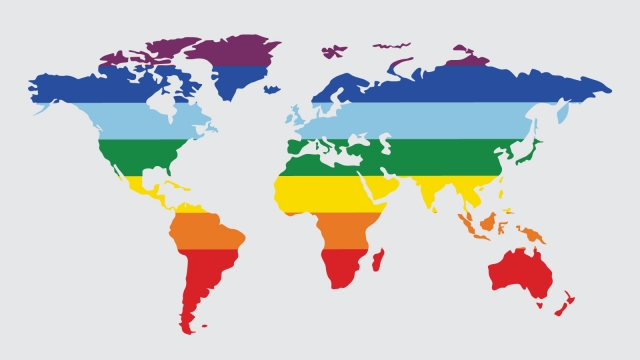Skype Master Teacher empowers students with disabilities in an accessible, virtual classroom

Ivana Kovačević and her daughters at an awards ceremony at The Gymnasium of Karlovci, Serbia.
For almost 50 years, Serbian primary school Dr Dragan Hercog has worked with students who have developmental disabilities. Helping reach these students for almost a decade is Microsoft Innovative Educator Expert and Skype Master Teacher Ivana Kovačević, through a program called the Distance Learning Project. It’s part of a broader effort to improve education for Serbian students with disabilities, and it has the support of the Ministry of Education.
To successfully prepare students with special needs for exams, and for the possibility of continuing education, teachers at Dr Dragan Hercog participate in the Distance Learning Project by crafting electronic materials—lessons, tasks, and tests. Then they meet the students where they are, holding classes in hospitals, students’ homes, as well as organizing tutelage via Skype.
“Skype, in combination with other educational materials, like educational platforms, is a good way for learning in every kind of situation,” says Ivana. “In my classes, I use Microsoft AutoCollage, Microsoft Photosynth, Windows Live Writer, Photo Story, and Sway in combination with Skype.”
A platform Ivana started to support the Distance Learning Project is Final Exam. This platform helps students prepare for their primary school final exam by strengthening their skills in both mathematics and the Serbian language. She received assistance from the Mathematical Society of Serbia, and when she tests students, she often uses Skype screen sharing to offer guidance when needed.
“The goal is to support students with disabilities in learning all subjects during all eight years of primary school, and prepare them for the final exam via Skype,” says Ivana. “Another long-term and wider goal is to successfully involve persons with disabilities in the education system and/or a social and business environment.”
Preparing the writers of tomorrow
To further help the students of Dr Dragan Hercog achieve a successful, rounded education, Ivana also started a literary club. For this club, too, she relies on Skype to enhance her students’ experience. “Every day during the school year, my students and I collaborate via Skype. Skype is our place for learning,” Ivana says.
Since 2008, the club’s main project has been to collect literary works written by the school’s students. Almost 50 of them have participated in the club, and they have written to date nearly 90 articles. The school promotes this collection of literary works—as well as the Children’s Cultural Center of Belgrade. Dr Dragan Hercog students attend these promotions on a Skype video call. “The students present themselves and share their impressions of the literary club and the collection of works,” says Ivana. “They talk about the club, writing, and friendship via Skype. They are all real writers!”
Virtual field trips with Skype
Another aspect of a rounded education that Skype enhances are what Ivana calls “method excursions.” “These excursions in teaching practice are proven to be effective,” she says, “because teaching language and literature cannot be reduced only to book learning.” But many of her students are in hospitals and homes and cannot physically go on method excursions.
Here, too, Ivana and her students rely on Skype for lessons and excursions—or virtual field trips. “Microsoft’s Skype in the Classroom platform allows me to plan virtual journeys with my students that are meaningful, instructive, and interesting,” says Ivana. Their first virtual trip was to the National Museum in Niš. The curator told them about Constantine the Great and showed them bronze coins from the 4th century. “The aim of the trip was to write news, reports, essays, and stories about the trip,” she continues. “Our school principal Zoran Aleksić and English teacher Tijana Radisavljević provided great support.”
Skype is the bridge
The students of Dr Dragan Hercog also went on a virtual field trip while studying Nobel Prize–winning author Ivo Andric, whose story “The Bridge on the Žepa” they had read, studied, and discussed. “Students showed a joint presentation that was done for homework, via Skype as usual. The presentation was made in the form of posters using Microsoft AutoCollage (students previously became familiar with the program); they were collages of bridge pictures, student associations, information about the author, his work, etc.” says Ivana.
After studying the author, becoming familiar with his life and work, and sharing their knowledge, it was time for them to take their virtual field trip and make the experience come to life. “I made a Photosynth presentation when I was in Višegrad, on the bridge that inspired our writer to write the great novel The Bridge on the Drina, and the story ‘The Bridge on the Žepa’,” Ivana continues. “We talked about the story, its protagonists, the bridge, the destinies of the characters, the symbols, the beauty, the work as art, the meaning of life. Every feature of the bridge has its special symbolism. Bridges connect landscape and people. For us, Skype is the very bridge!”
The aim of Ivana’s work is to help students overcome barriers—students who, due to disabilities and distance, cannot attend classes. She helps provide a high-quality, stimulating, virtual classroom environment in which they can acquire new skills—and be encouraged by the possibility of a smooth transition into continuing their education.
“For our students, Skype is the only solution that makes sense!” Ivana concludes.
We love to hear how you use Skype to help others achieve. Tag us @Skype on social media to tell your story—and we might feature you.
Educators: Break down the walls of your classroom and connect your students to the world with Skype in the Classroom.
Parents: Ask your school to get involved with Skype in the Classroom, so your kids can experience the world live from their classrooms.
The post Skype Master Teacher empowers students with disabilities in an accessible, virtual classroom appeared first on Skype Blogs.
blogs.skype.com/skype-classroom/2018/05/17/skype-master-teacher-empowers-students-with-disabilities-in-an-accessible-virtual-classroom/














